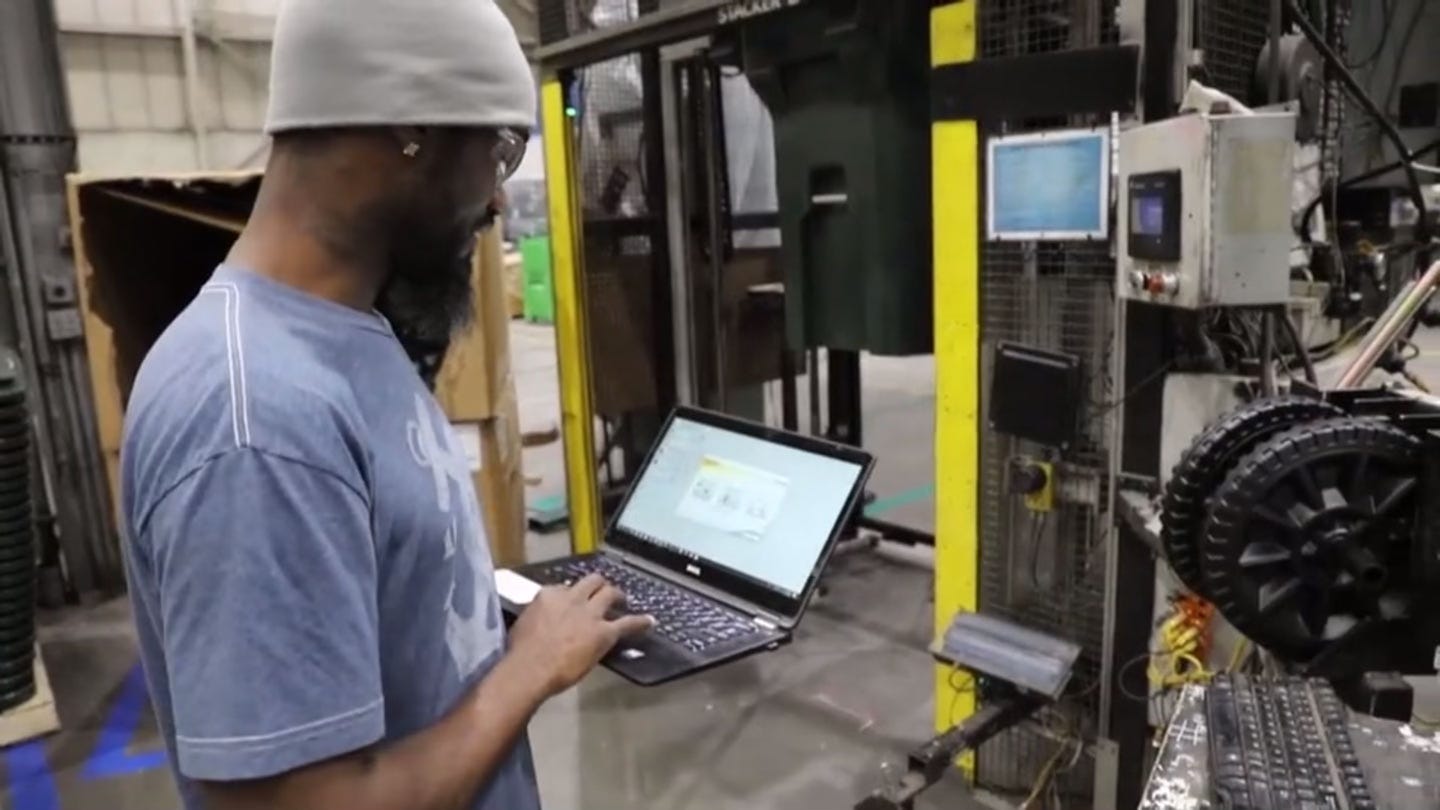
What started three decades ago at Cascade Engineering as a question of how to find and keep talented workers has evolved and expanded into company and community programs that support employees and encourage inclusion. During that time, Founder and Chair Fred Keller also has become an advocate for business as a creator of positive social and environmental impact, an educator of future business leaders, and a changemaker in his community and industry.
As I discuss in my forthcoming book, The Profiteers, poverty creates many systemic barriers, including reliable transportation and child care, access to healthcare, housing instability and other inequities. In addition to a good paying job, these elements need to be addressed, or else an employee could just get caught in a trap of poor attendance and performance as they deal with trying to overcome these lingering issues.
Keller says valuing workers as human beings reflects the values he learned as a child — the importance of nurturing and supporting other people, which in turn nurtures and supports the local community. By providing on-site support and connections to workers who had been receiving welfare services, the Grand Rapids, Michigan-based company has also seen its monthly employee retention rate climb to more than 90%.
To learn more about Keller’s belief that companies should take responsibility for employee-support initiatives, I recently talked with Keller and Christina Keller, who serves as the Cascade Engineering Family of Companies CEO. Below are some key points from my article on Cascade Engineering:
Fred pointed out that the sole focus of profit maximization has prevented businesses from making more positive impact. “We still have Milton Friedman’s words in echo chambers through our hallways, encouraging business people to maximize profits and forget the externalities,” he says. “The challenge for business leaders as they consider the problem is they just want it to go away. I was convinced that was not an appropriate approach.”
Fred says his belief is influenced by his family traditions and human rights struggle in the 60s. He was greatly influenced by a book by Ruby Payne, which talks about people have a different worldview when living in poverty. He decided to add a social worker to their staff from the state welfare program, which led to positive outcomes to their staff and to the company.
He describes that his approach as “start with the heart”. “It’s good for your business, it's good for your employees, it’s good for the community, and you know what? It doesn’t cost a lot. It costs a little bit, but there is a return on investment,” he says. “We're not going to make a big difference until we think in terms of the impact of our business on community. Not our country or our state or the world, but our own local community.”
For instance, Cascade created a Welfare to Career program to try to break cycles of poverty, helping low- wage workers move from welfare poverty to build careers. The insight was that, a well-paying job with good benefits, while important, was not enough, and that even with a job in place, it can take months to transition out of poverty, assuming the proper tools and resources are available.
Another program they ran is the Institute for Healing Racism, which has had thousands of participants. “We’re thinking deeply about how we could make our organization a place where folks that are black and brown feel safe. That it's a place where they are comfortable,” Fred says. “In the mid-2000s we declared Cascade to be an anti-racism organization, and I think we were one of the earliest to do that.”
Christina Keller gives two suggestions on how businesses can effectively start social initiatives. “One is partnering with local folks, so you’re not going it alone. Second is to really dive deep to learn about the barriers that your employees are experiencing, ”she says. “From a leadership perspective, we’ve found that people who are closest to the problem have the most effective solutions. So if you can find those ideas, enable them, then people can more organically work together as leaders to move things forward.”
While some businesses consider profit maximization to be their sole purpose, Cascade takes a different approach by putting people at their heart. By empowering employees, Fred and Christina Keller have built a strong business with plenty to give back to the community.
